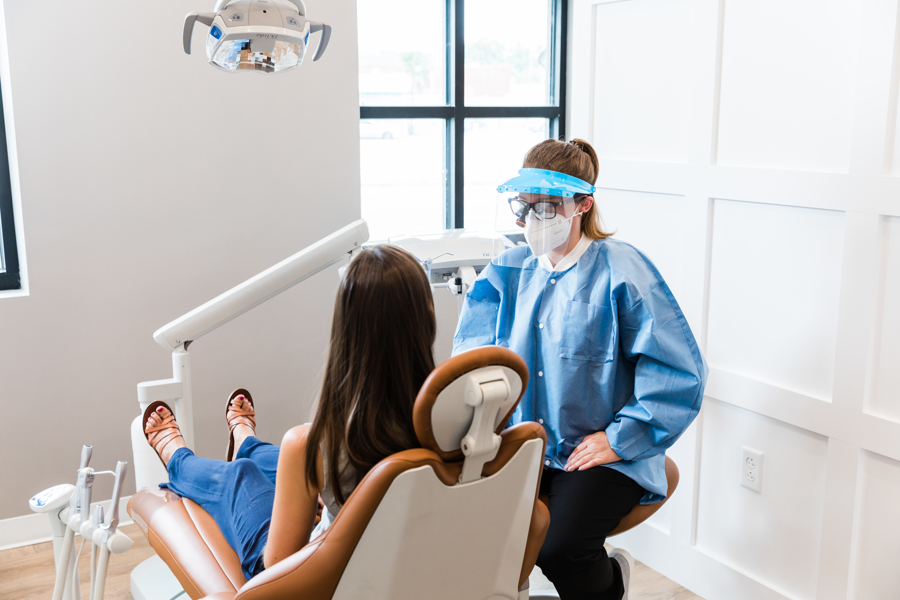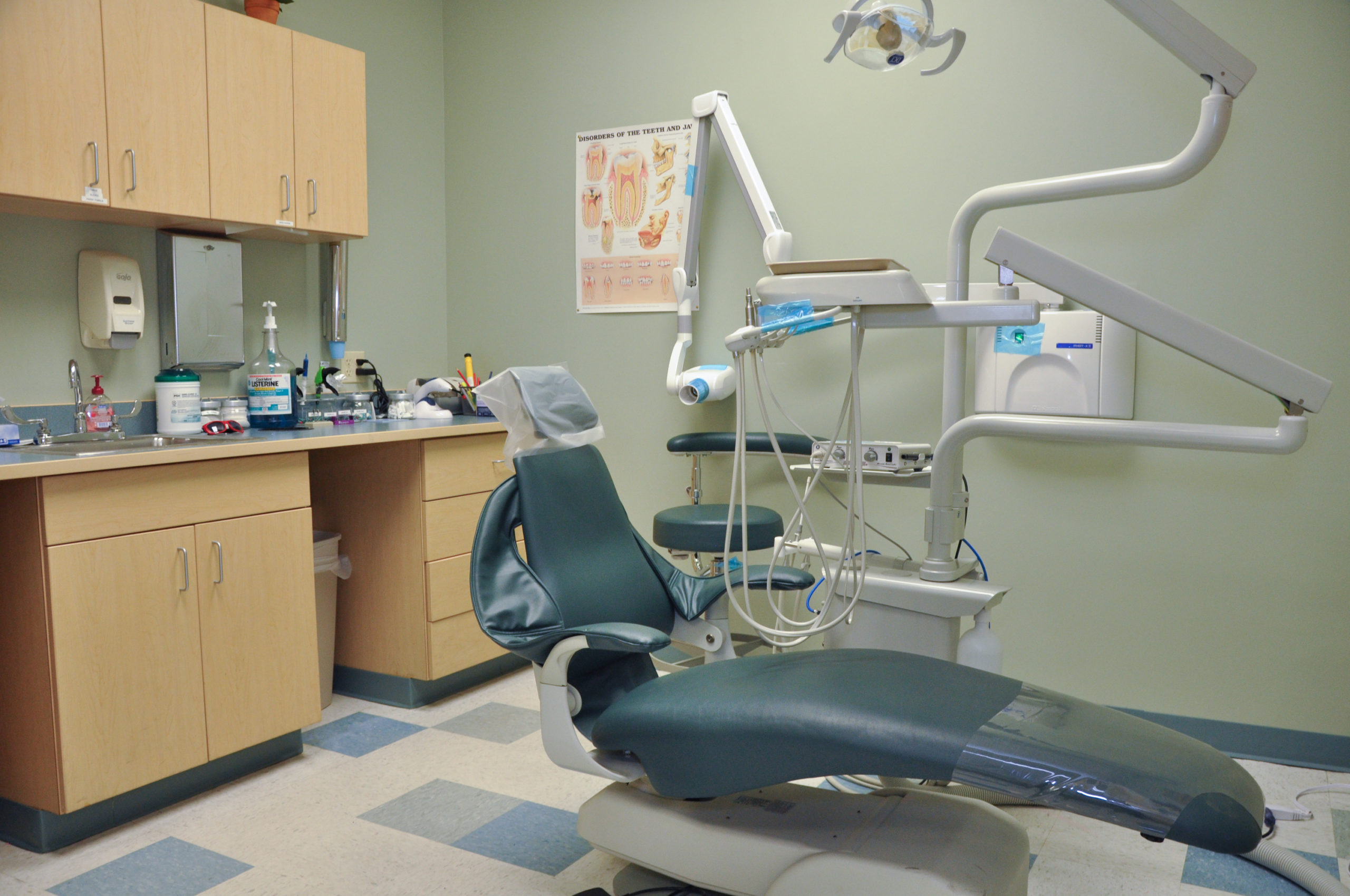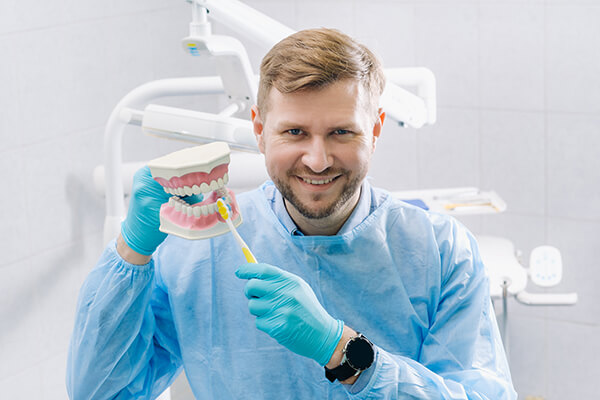Porcelain Veneers Washington DC: Your Pathway to a More Vibrant Smile
Porcelain Veneers Washington DC: Your Pathway to a More Vibrant Smile
Blog Article
Usual Concerns Regarding Oral Veneers Answered
Oral veneers have actually become a progressively in-demand choice for those looking to improve their smiles, yet several people continue to be unpredictable regarding numerous facets of their usage. Key inquiries usually arise relating to the application procedure, longevity, and possible risks connected with these cosmetic enhancements. Additionally, the difference in between porcelain and composite veneers can dramatically affect one's selection. As we explore these usual queries, it comes to be essential to think about not just the advantages yet also the effects of selecting oral veneers in search of an extra positive appearance. What elements should one consider before making such a choice?
What Are Oral Veneers?
Oral veneers are slim, personalized coverings crafted from porcelain or composite resin that are designed to cover the front surface area of teeth. These dental prosthetics serve both aesthetic and functional purposes, providing a service for numerous dental imperfections, including staining, chips, spaces, and imbalance. By sticking to the teeth, veneers can dramatically improve the overall appearance of a smile, producing a more attractive and uniform look.
Porcelain veneers are specifically favored for their all-natural translucency and stain resistance, making them an ideal option for individuals looking for durable results. On the other hand, composite material veneers are normally cheaper and can be applied in a solitary visit, however they may not provide the same resilience as porcelain alternatives.
The decision to select oral veneers often comes from a need for aesthetic renovation, but individuals should likewise consider aspects such as the long life of the material, maintenance demands, and the possible need for tooth decrease (Low Cost Veneers). Ultimately, dental veneers stand for a reliable and functional solution for attaining a radiant smile, dealing with specific aesthetic requirements while promoting confidence and self-confidence
How Are Veneers Applied?
The application procedure for veneers calls for mindful planning and accuracy to ensure optimal results. The treatment usually starts with a detailed appointment, where the dental professional reviews the patient's oral health, talks about wanted outcomes, and figures out the proper sort of veneers, whether porcelain or composite resin.
Once the treatment plan is established, the dentist prepares the teeth by getting rid of a thin layer of enamel, usually concerning 0.5 mm to 1 mm, to accommodate the veneer. This step is essential as it guarantees a proper fit and avoids the veneers from appearing large - Veneers. After preparation, perceptions of the teeth are required to develop personalized veneers that match the person's unique oral structure and visual choices
While the permanent veneers are being made in an oral lab, short-lived veneers may be positioned to secure the prepared teeth. Once the irreversible veneers are prepared, the dentist will carefully bond them to the teeth using a solid dental adhesive. Final modifications are made to ensure appropriate alignment and bite, followed by brightening for a natural appearance. The procedure finishes in a follow-up appointment to keep an eye on the veneers' fit and the patient's complete satisfaction with their new smile.
What Are the Advantages?

Moreover, veneers are known for their sturdiness and resistance to discoloring contrasted to all-natural teeth. Made from high-grade products such as porcelain or composite resin, they can preserve their appearance for many years with proper care. This durability makes them a useful investment in one's dental look.
Along with visual enhancements, veneers can likewise add to enhanced oral health. By covering harmed or compromised teeth, they can give extra her explanation support and security, helping to stop further decay or deterioration. This protective facet can minimize the requirement for more substantial dental treatments in the future.

How Much Time Do They Last?
With appropriate treatment and maintenance, oral veneers can last anywhere from 10 to 15 years, making them a durable remedy for improving one's smile. The longevity of veneers mainly depends on the product made use of, the high quality of the first placement, and the individual's adherence to oral hygiene practices.
Porcelain veneers are understood for their durability and resistance to discoloration, typically lasting closer to the 15-year mark when taken care of properly. Compound veneers, while more affordable, may require substitute sooner, commonly within 5 to one decade due to their sensitivity to use and staining.

Additionally, wearing a mouthguard during sports or nighttime can give added defense. Inevitably, while veneers supply a substantial aesthetic improvement, their durability is substantially affected by the commitment to proper dental care and regular consultations with an oral specialist.
Exist Any Type Of Risks?
Thinking about the transformative effects of oral veneers, it is very important to recognize the prospective threats connected with their application. While veneers can enhance the look of teeth, the procedure involves the removal of a thin layer of enamel, which can enhance tooth sensitivity and susceptability to decay.
One significant threat is the possibility of improper placement or suitable, causing discomfort, bite imbalance, and even damage to the underlying tooth structure. In addition, if the veneers are not preserved properly, they can come to be stained or chipped with time, demanding replacement.
People may additionally experience allergic reactions to the materials made use of in the veneers, particularly if they have level of sensitivities to certain oral composites. While veneers are sturdy, they are not indestructible; extreme pressure from clinching or grinding can lead to cracks.
It is crucial for clients to seek advice from a certified dental expert to review their private threats and to follow aftercare directions carefully. By recognizing these risks, patients can make educated choices regarding their dental veneer treatment and make sure the durability and success of their enhancements.
Conclusion
In recap, oral veneers represent a you could try here valuable cosmetic solution for boosting smiles, with considerations concerning their application, advantages, durability, and associated threats. Inevitably, notified decision-making pertaining to dental veneers can lead to satisfying aesthetic end results and enhanced dental health.
Dental veneers are slim, customized shells crafted from view porcelain or composite material that are developed to cover the front surface area of teeth. After preparation, impressions of the teeth are taken to develop custom-made veneers that match the client's one-of-a-kind dental framework and aesthetic preferences.
While the permanent veneers are being produced in a dental lab, temporary veneers might be positioned to protect the prepared teeth. As soon as the long-term veneers are all set, the dental expert will carefully bond them to the teeth using a strong dental adhesive. Inevitably, informed decision-making pertaining to dental veneers can lead to acceptable visual end results and enhanced oral health.
Report this page